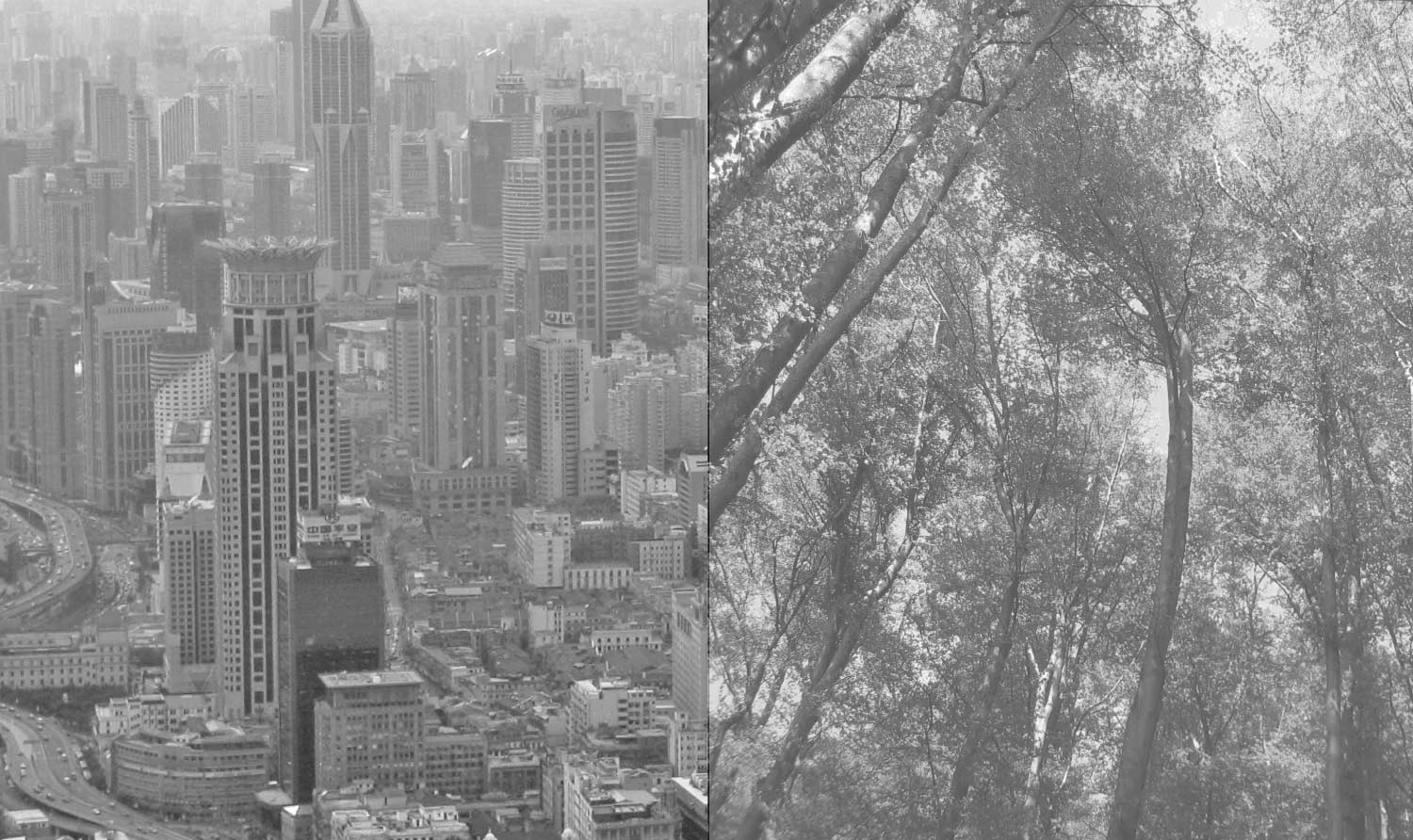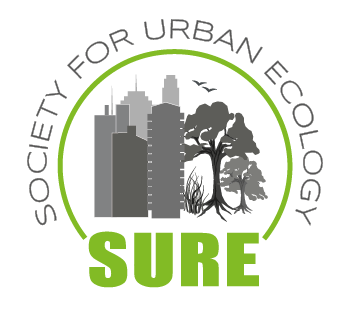SURE Symposium at the IALE World Congress in Beijing, China (18 – 23 August 2011)
Date: 18th to 23th of August 2011
Location: Beijing, China
Organizers: Prof. Jürgen Breuste (University of Salzburg, Austria), Prof. Clar Florgård (Schwedish University for Agricultural Sciences, Uppsala, Schweden), Dr. Junxiang Li (East China Normal University, Shanghai, China), Dr. Chunyang He (Beijing Normal University, China)
With 50 presentations the SURE symposium was the biggest symposium at the 8th world congress of the International Association of Landscape Ecology (IALE) in Beijing, China. The lectures covered the themes sustainble environment management in cities, urban nature, urban ecosystem services and modeling sustainable urban environment.
Description and justification of the symposium
The proposed symposium fited in the IALE 2011 Beijing World Conference’s main topic of sustainable environment and culture approaches within landscape ecology. Urban landscapes are supposed to be currently and in the future focal points of landscape transformation. More than 50% of the world population lives in cities and this number will increase.
Urban landscapes undergo dramatic changes from which the majority of the world’s population will be affected. The following 10 challenges are seen as the most important:
- To develop models for sustainable cities
- Management of urban growth and urban structural changes
- Climate change
- Increasing risks by natural processes
- Planning for urban sustainable environment
- To secure and improve urban biodiversity and urban nature
- To stabilize and develop urban ecosystem services
- Demographic and social changes
- Weakening of administrative influences and drastic shortages in public finances
- Interactions of urban environment and urban culture (experiences, conflicts and management)
For each of these challenges, valuable contributions from urban ecology to the state of the art, case studies and methodological approaches in the respective fields were presented. Empirical evidence, research but also practice experiences with these subjects of different countries worldwide were presented, were welcome and were discussed. The discussion targeted to identify the ecosystem-related impacts of these challenges, discussed how to define targets for future sustainable development/improvement of urban ecosystems’ functionality and quality of life, as well as to evaluate the methods, steering instruments and best practice examples how to deal with these challenges.
The following subjects were identified as sub-topics of the symposium in research, planning and management aspects:
- Climate change and sustainable urban environment
- Modeling of sustainable urban environment
- Urban ecosystem services – processes, pattern and planning
- Urban Biodiversity and urban nature
- Sustainable urban environment in different urban cultures
Speakers (Names, affiliations, titles)
- Jürgen Breuste, University Salzburg, Austria: Practicing urban ecology – management of urban ecosystems to improve ecosystem services
- Sarel Cilliers, North-West University, Potchefstroom, South Africa: Social and cultural challenges in conserving urban biodiversity in developing countries
- Ana Faggi, J. Breuste, Universidad de Flores, Argentina; University Salzburg, Austria:Urban nature reserves and urban parks – utilization and development of urban nature in Buenos Aires, Argentina
- Clas Florgard, Swedish University of Agricultural Sciences, Sweden: Urban planning for green infrastructure and biodiversity – challenges and crucial factors
- Dagmar Haase, Humboldt-University Berlin, Germany: Modeling green-blue ecosystem service potentials in growing and shrinking cities
- Cecilia Herzog, Inverde and Amigos do Parque Nacional da Tijuca, Rio de Janeiro, Brazil: Urban Green Infrastructure: ecosystems services to build resilience to face climate change challenges
- Maria Ignateva, Lincoln University, Canterbury, New Zealand: Sustainable urban environment and landscape architecture in the era of globalization
- Maria Kozova, Maros Finka, Komensky University, Bratislava, Slovakia, Technical University, Bratislava, Slovakia: Integrative urban planning for sustainable environmentally oriented society (practical experience and case studies
- Junxiang Li, East China Normal University, Shanghai, China:Impacts of landscape structure on urban surface heat island in Shanghai
- Sarah Lindley, Stephan Pauleit, University of Manchester, UK, Technical University Munich, Germany: Adaptation of African cities to climate change: the role of the green infrastructure
- Diane Menzies, Ken Fletcher, Environment Court of New Zealand, Christchurch, New Zealand: The values of Wetlands in Cities
- Burghard Meyer, Technische Universität Dortmund, Germany:Sustainability Impact Assessment – Methods development for the localization of policy impacts
- Andrzej Mizgajski, Adam Mickiewicz University, Poland: Development of ecosystem services through management of urban structural changes
- Ulla Mörtberg, Royal Institute of Technology, Sweden: Urban biodiversity and sustainable urban development – analyzing interacting system
- Laura Musacchio, University of Minnesota, U.S.A.: Volunteering to restore nature: Why do feel better after working to save nature?
- Stephan Pauleit, Youjoun He, Jianjun Yang, Jingjing Ni, Irene Burkhardt, Martin Spiekermann, and Fei Yang,Technical University Munich, Germany; Chinese Academy of Forestry, Beijing, China; Zhejiang University, Hangzhou, China; Office Burkhardt Landscape architects, Munich, Germany: Riding the tiger: Strategies for protection and restoration of ecosystem services in peri-urban areas of rapidly developing cities of China. The case of Hangzhou
- Salman Qureshi, University of Karachi, Pakistan: Multi-functionality of landscapes derives the structural matrix of urban mosaic: An anthropocentric approach to ecological assessment
- Martin Sauerwein, Doris Damyanovic, University Hildesheim, Germany; University of Natural Resources and Life Sciences, Vienna, Austria:Sustainable soil use and sustainable soil management in urban planning
- Marie du Toit, North-West University, Potchefstroom, South Africa; Challenges and opportunities of a spatial integration of environmental and social aspects in urban areas: A South African case study
- Annette Voigt, University Salzburg, Austria: Nature conservation in urban areas in Central Europe
- Robbert Snep, University Wageningen, The Netherlands: Integrating wildlife opportunities in the urban planning and development process – bridging the worlds of cities and conservation


Comments are closed here.